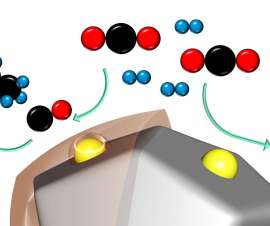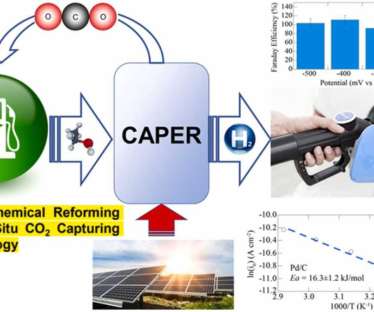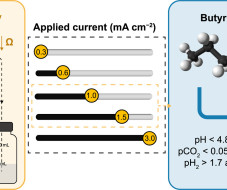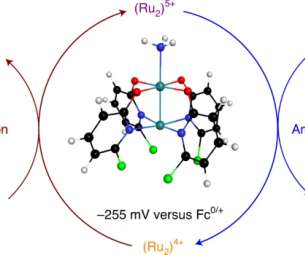Stanford engineers develop catalyst strategy to improve turnover frequencies for CO2 conversion to hydrocarbons by orders of magnitude
Green Car Congress
FEBRUARY 12, 2022
Researchers at Stanford University have shown that porous polymer encapsulation of metal-supported catalysts can drive the selectivity of CO 2 conversion to hydrocarbons. CO 2 (black and red) and hydrogen molecules (blue) react with the help of a ruthenium-based catalyst. We can create gasoline, basically.








































Let's personalize your content